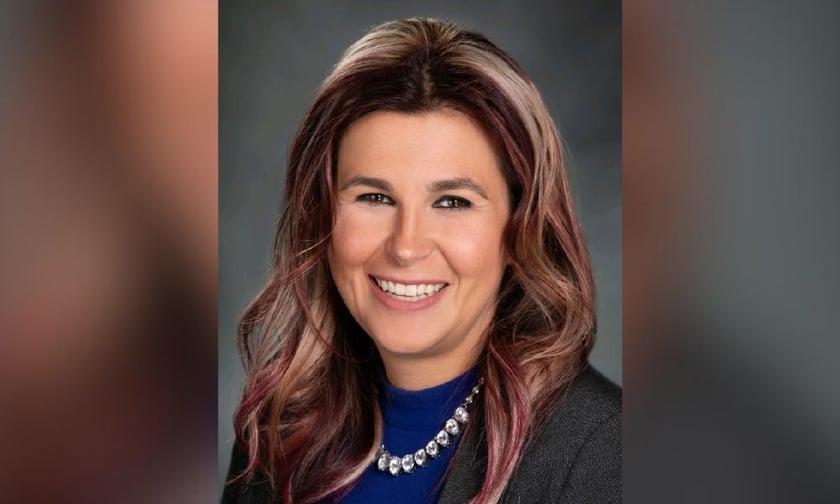

Barb Habel (pictured), Atain Insurance Companies’ newest vice president and head of its excess and casualty division, was enticed to the role by the promise of being able to “build something from the ground up”, she told Insurance Business in a recent interview.
“I can’t wait to be a key part in developing the underwriting strategy with a growth and profitability mindset,” Habel said.
In conversation with Insurance Business, Habel revealed why she switched from a sales career to focus on underwriting, as well as what makes a great leader and how she plans on creating an inspired team in the excess casualty space.
When speaking with Atain’s leadership, Habel was intrigued with the expansive growth possibility the job offered.
Habel and her team view this budding division within Atain as similar to a small business dealing with excess casualty.
“As we continue to grow, we will look for various programs to add within that to further drive profitability and growth,” she said.
“That's not to say that there's not additional lines that we're going to look to move into in the next few years. But as far as where my focus is and what I'm on board to do, it's mostly going to be excess casualty.”
Habel joined Atain as the excess casualty market has experience momentum shifts over recent years that remain top of mind.
“This shift is primarily driven by the reduction in capacity on certain classes,” she said, adding that this is indicative of trends across various other sectors of insurance, especially P&C.
However, the market has also seen an expansion of new entrants into the space, which is having an impact on competition and pricing.
“It is imperative to not only offer a competitive product but also take these factors into consideration in order to grow a profitable and adequately priced book of business,” Habel said.
Social inflation and loss trends are also affecting rates, according to Habel.
Having joined the insurance world almost two decades ago, Habel spent the first half of her career working on what she called the “customer-facing side.”
“I worked in wholesale and loved the both the sales and customer service aspects.”
However, her professional interests began to shift quite organically, which led her to pursue a different career path out of pure instinct.
“I always found myself almost digging too far into accounts and doing the underwriting part,” Habel said.
With this realization, Habel decided to professionally pursue her innate enthusiasm for underwriting as a viable career move.
“I took my first underwriting role, it was an excess casualty,” she said. “What I love about this sector is you don't just write one line of business, you have to write, general liability, auto, umbrella, and sometimes other lines of coverage.”
This ability to be immersed in different areas of focus is what appealed to Habel the most, a trajectory that is always challenging and rewarding.
For Habel, one of her competitive advantages is the fact that she has worked within different segments of the insurance industry, which has given her a wider understanding of how to succeed.
“Having a deep understanding of sales and now underwriting has given me the ability to refine and streamline the communication that is essential between the two roles,” she said.
“If I say this to them, they're going to say this back to me. So why don't I say this to them and prevent the back and forth and make it easier for both parties involved.”
As a leader, especially in the underwriting field, Habel uses this dual perspective when training and mentoring her team.
“My background before insurance was in teaching and coaching, so I am very interested in setting the next generation up for success by giving them skills that will make working more efficient and successful,” she said.
But establishing and bolstering a team involves more than just a profitability mindset.
It also involves creating an environment that promotes professional growth and opportunity.
“A team is most successful when it career development and mentorship are prioritized, so they feel driven to succeed and impart the lesson they’ve learned on a new crop of professionals,” Habel said.
“I have always found these goals to be achievable when, as a manager, I keep an open dialogue with my employees to make sure they don’t feel like they are stalling in their career or are not continually challenged.”
